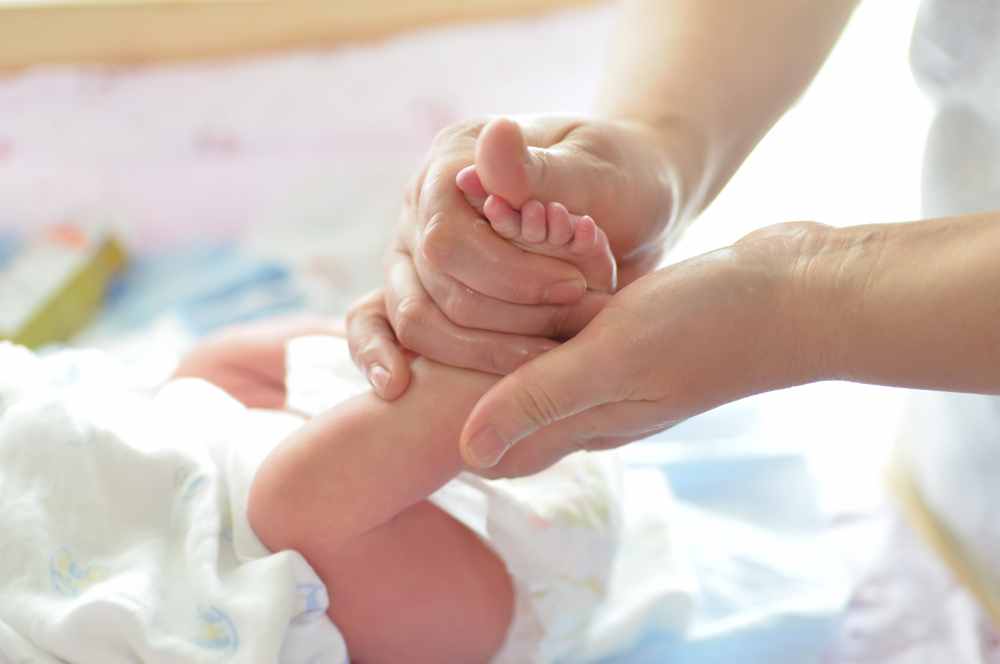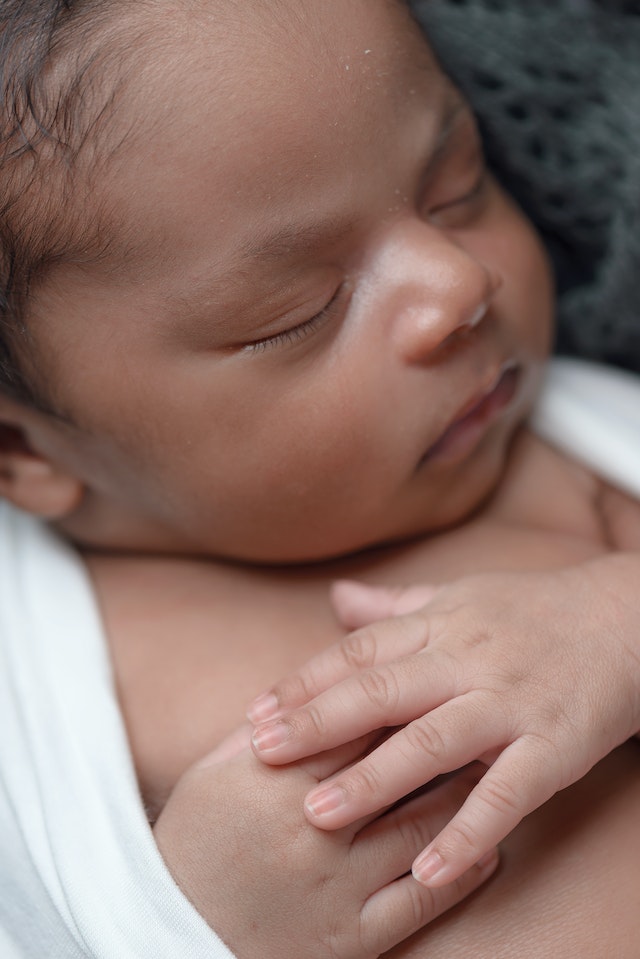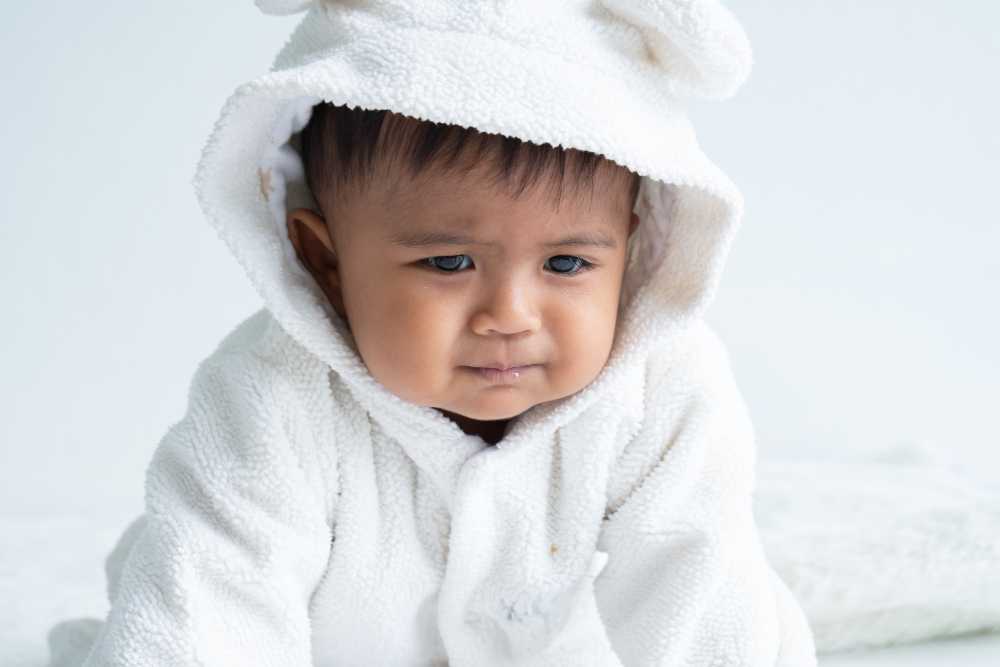You’ve got it through pregnancy, labour and delivery, and it is now time to bring your baby home and begin a family. However, after you get home, you may feel as if you have no clue what you’re doing!
Love, cries, smiles, worry, and uncertainty, to name a few, are all part of the first year with your newborn! There is no manual, book, or expert that can properly prepare you for whatever is ahead. In fact, many second-time parents report that their experience was very different the second time around. While there will be occasions when you must react or respond quickly, all parents agree that there are ten things that any new parent goes through during the first year.
Let’s have a look at what they are.
- You will feel in control one moment and then be all over the place the next – and this is just natural. These things often happen with a newborn parent.
- You will realize you do not get enough time to work out and your physical activities have reduced therefore it is necessary whenever possible to stretch and take a walk. Long hours of sitting and feeding the baby can take a toll on your back, so now is the greatest time to allow your body to open up.
- You’ll be concerned about the poop! Yes, every new parent has always had instances when they think their child’s poop isn’t quite right.
- The earlier you start to dismiss and not take every statement made about your child seriously, the better. Ignore anyone who tells you he is weak because he isn’t eating enough. Only your paediatrician should provide you with this information; no one else should.
- Crying does not necessarily indicate that the infant is hungry or that the diaper is soiled. With time, you’ll find your way.
- You’ll likely determine whether to use cloth or disposable diapers before you bring your kid home. Regardless of which method you employ, your child will need to change his or her diaper about 10 times every day, or 70 times per week.
- Whether you’re breastfeeding or bottle-feeding your baby, you may be unsure how often to feed them. generally, babies should be fed whenever they show signs of hunger. Your baby may communicate with you by wailing, sucking sounds or putting his fingers in his mouth. An A infant must be fed every 2 to 3 hours. If you’re breastfeeding, let your baby nurse for 10–15 minutes at each breast. If you’re using the formula, your baby will probably drink about 2–3 ounces (60–90 millilitres) per feeding.
- You may be surprised as a new parent to learn that your baby, who looks to need your constant attention each day, naps for 16 hours or more! Babies sleep for 2–4 hours at a time on average. If your kid hasn’t been fed in four hours, expect him or her to wake up every few hours. Babies’ digestive systems are so little that they require nourishment every few hours.
- You’ll require assistance! It’s fine to seek assistance from your parents, friends, and neighbours! Your doctor or hospital may be able to provide you with information regarding in-home assistance and may refer you to home health organisations.
- Bonding, arguably one of the most enjoyable aspects of newborn care, occurs during the critical initial hours and days following birth when parents form a close bond with their child. Closeness can aid in the development of an emotional attachment.
![]()












